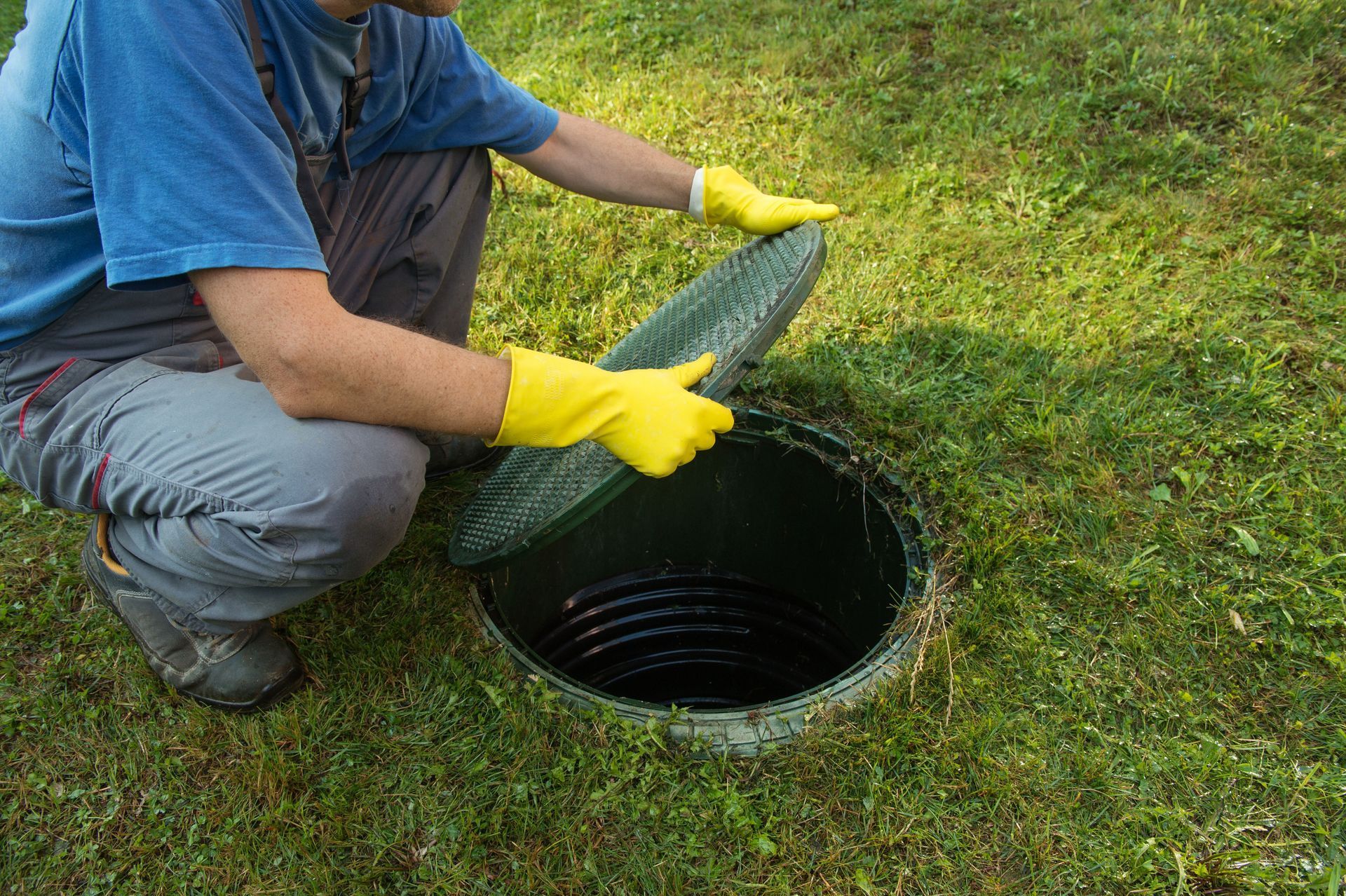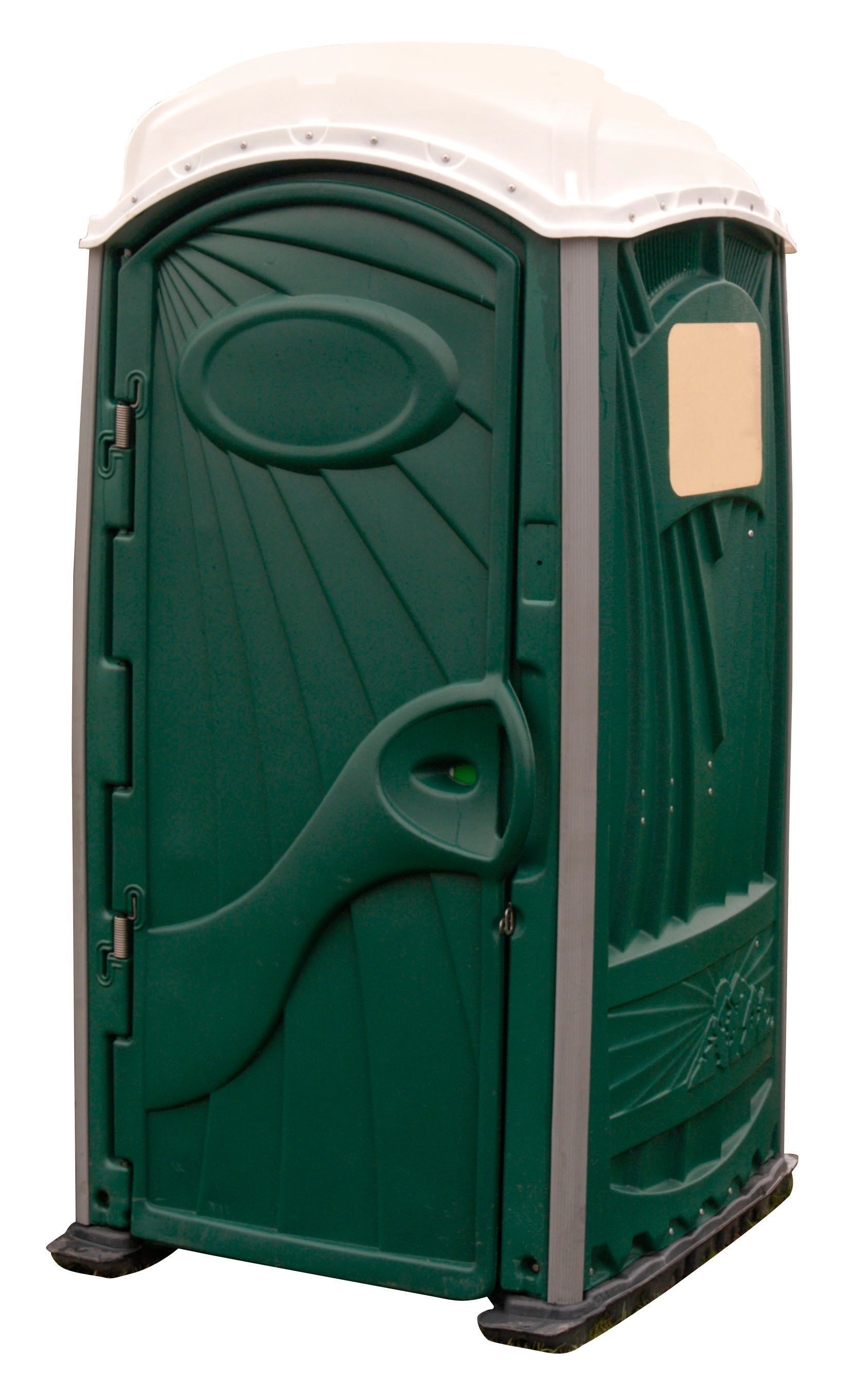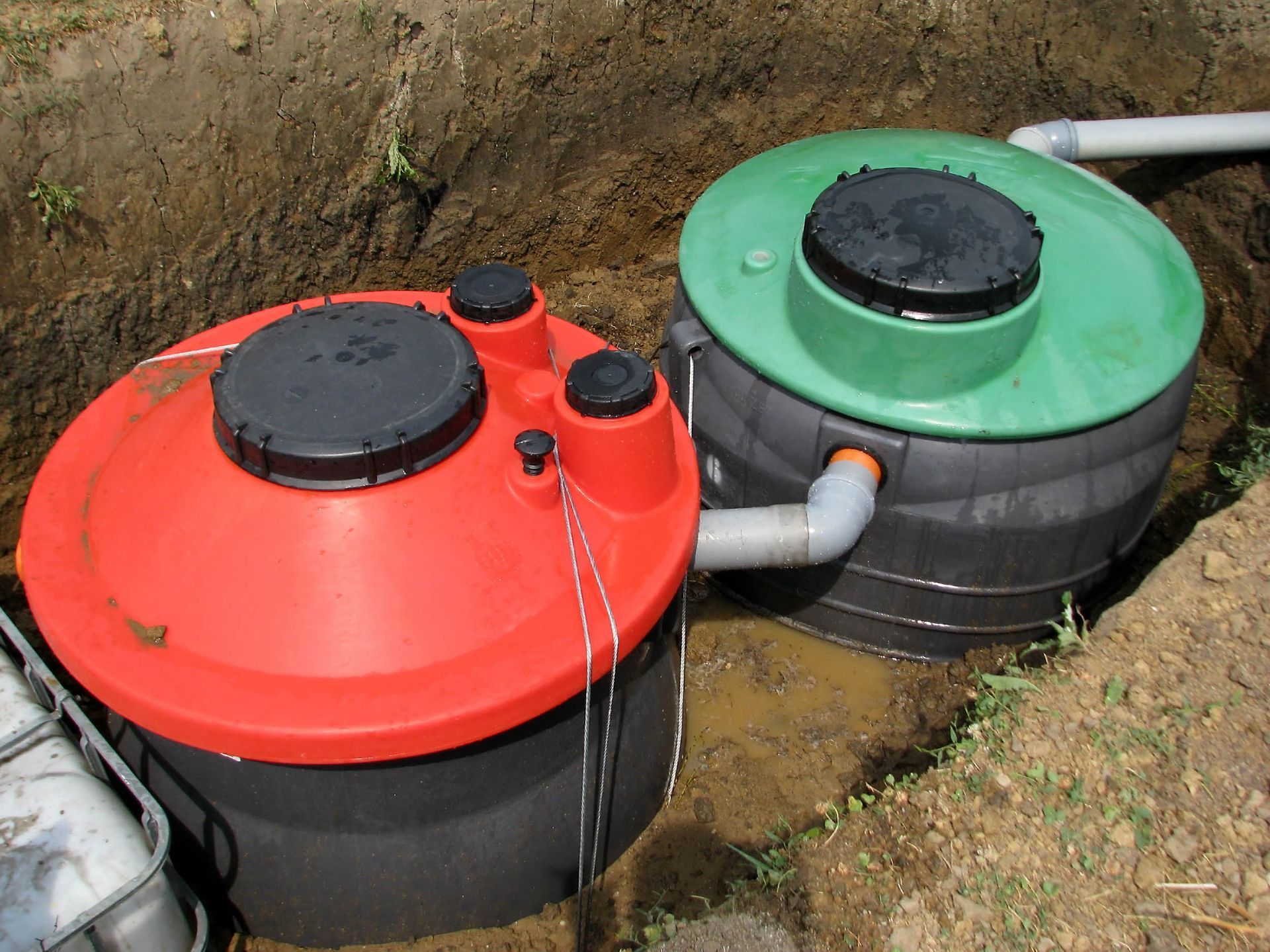June 25, 2025
Your septic tank is a crucial component of your home's wastewater management system, and understanding the factors that affect its lifespan can save you from costly repairs or replacements. While these systems are generally reliable, certain practices and environmental conditions play significant roles in their longevity. In this post, we'll explore a few critical factors affecting your septic tank's life expectancy, all to help you ensure your system operates smoothly and efficiently for as long as possible.
1. Material and Construction Quality
The material from which your septic tank is made can greatly influence its durability and lifespan. Typically, septic tanks are constructed from concrete, fiberglass, or polyethylene, each with distinct advantages and downsides. Concrete is known for its strength, but may develop cracks over time due to earth movement or acidity from wastewater. Fiberglass and polyethylene, being light and resistant to rust, offer longevity but can be susceptible to damage from pressure or harsh environmental conditions. According to This Old House, several factors affect the lifespan of a septic tank, but they can last from 15 to 40 years, highlighting the importance of material choice.
2. Usage and Maintenance
Proper use and routine maintenance by septic pumping companies are crucial for prolonging the life of your septic system. Overloading the system with excessive water or disposing of non-biodegradable items can stress the tank, reducing its efficiency and leading to early failure. Regular inspections and pumping can prevent solid buildup and help detect potential issues before they worsen. Adhering to these practices not only supports effective waste management but also extends the operational life of your septic tank.
3. Soil and Environment
The soil type and environmental conditions surrounding your septic system significantly impact its longevity. Well-drained, sandy soils promote efficient drainage, which aids the system's function, while clay or rocky soils can lead to pooling and subsequent tank failure. Additionally, tree roots seeking moisture can infiltrate and damage the tank or pipelines. By carefully choosing the right site and regularly monitoring environmental conditions, you can maximize the lifespan of your septic system.
Understanding and addressing the factors affecting your septic tank's life expectancy is essential for maintaining a functional and efficient waste management system. From choosing the right materials and ensuring proper usage to regular maintenance and environmental considerations, you can significantly impact your septic tank's longevity. Taking these proactive steps with septic pumping companies like Howdys Doody Service, Inc will not only save you money but also ensure a more sustainable and environmentally friendly approach to waste management in your home. Give us a call today to get started with a free estimate!






